Small changes in societies’ behaviors could lead to positive cascading effects that will mitigate climate change.


Small changes in societies’ behaviors could lead to positive cascading effects that will mitigate climate change.

The Argentinean experience can inform experts on LEEN efforts to make industrial sectors more energy efficient in developing regions.

Can the Haber–Bosch process be green?
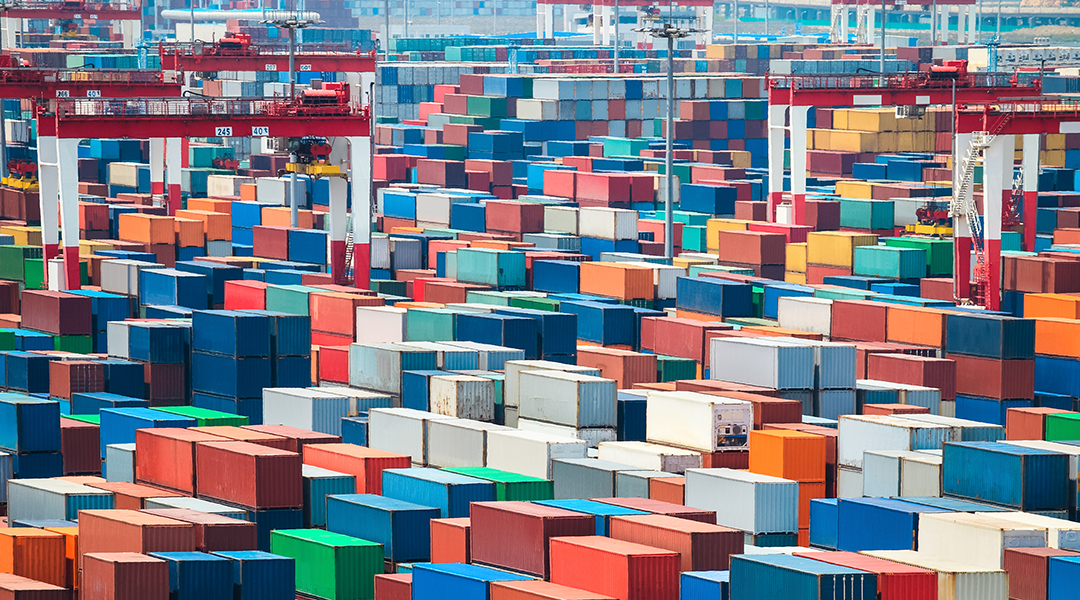
Oceanbird, a newly designed transatlantic car carrier, is powered by wind and could significantly reduce the carbon footprint of marine transportation.
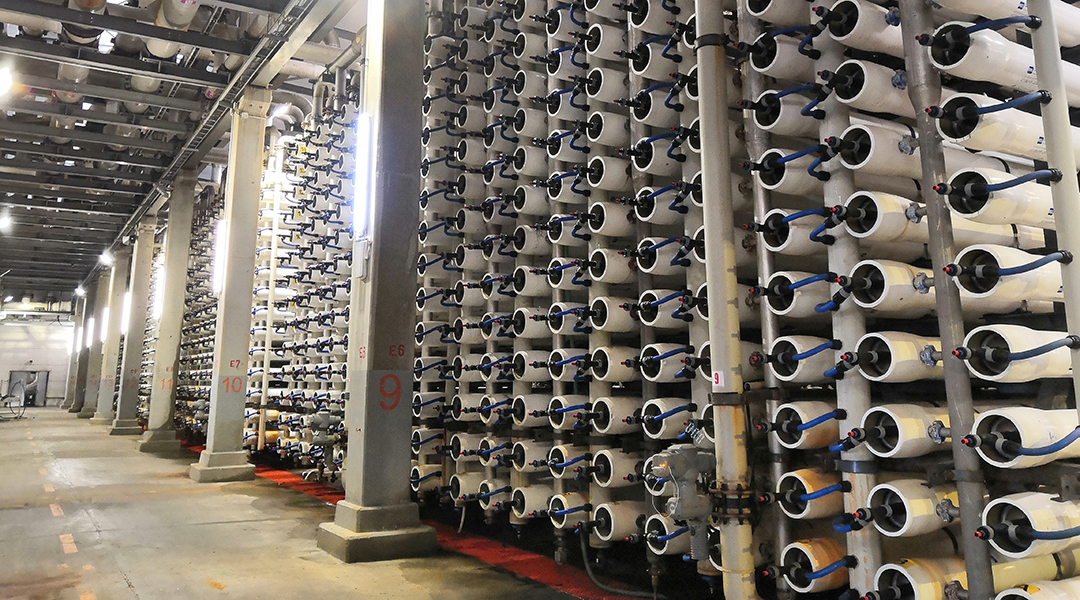
Scientists question whether technologies such as desalination will create solutions to climate change or just shift the problem.
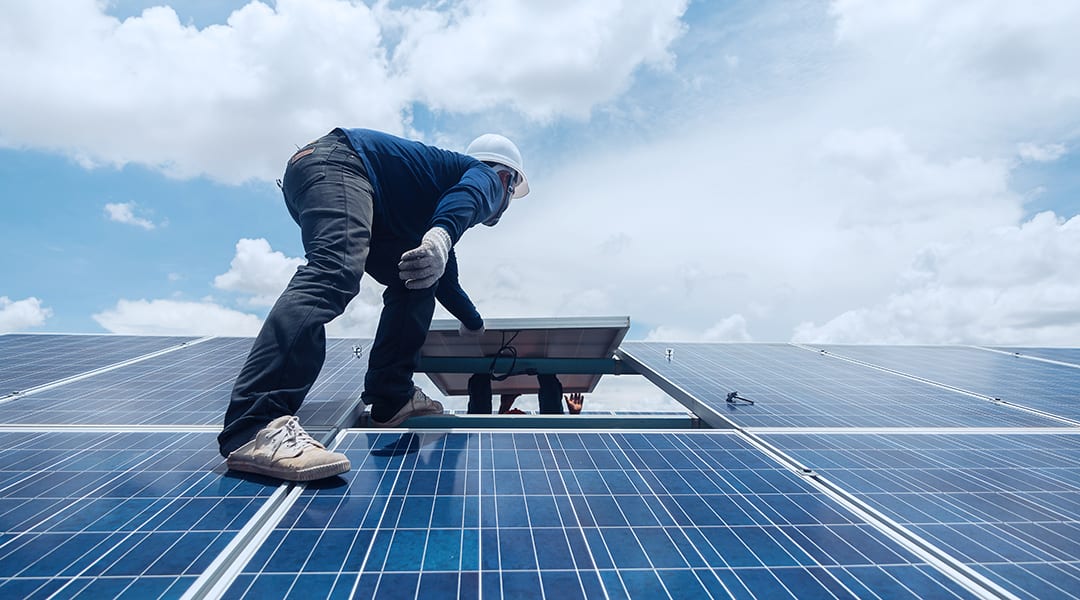
Researchers publish an up-to-date and easy-to-access platform with a global scope.

Nature is widely adapted to the current climate, making it harder to adjust to a new one.
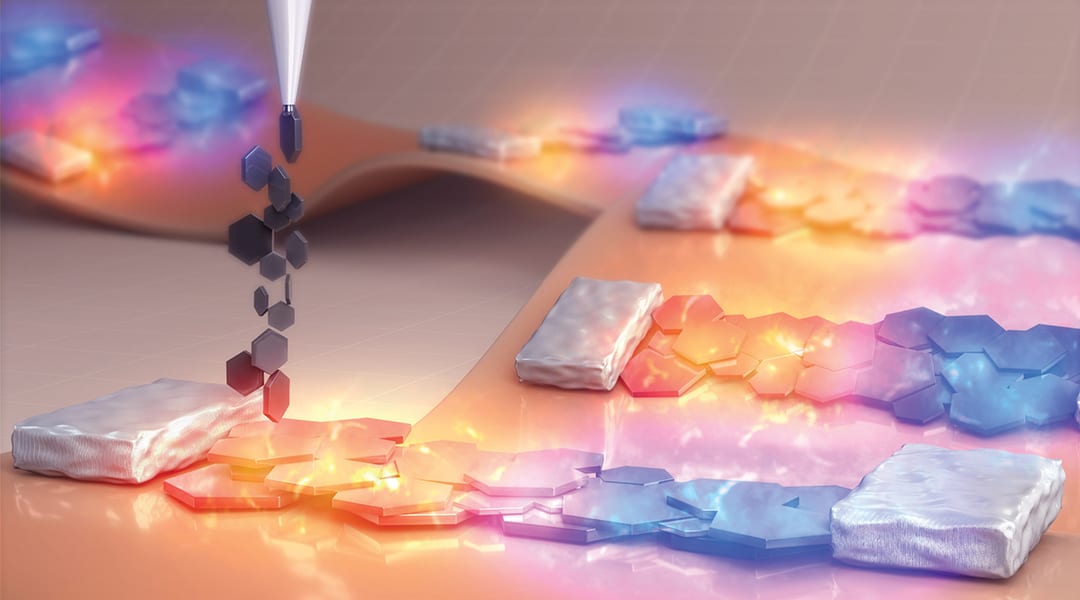
A simple approach to create high performance thermoelectric materials, which would allow one to turn their body heat into electricity.

A low temperature water-splitting protocol uses microwave power in lieu of concentrated solar energy.
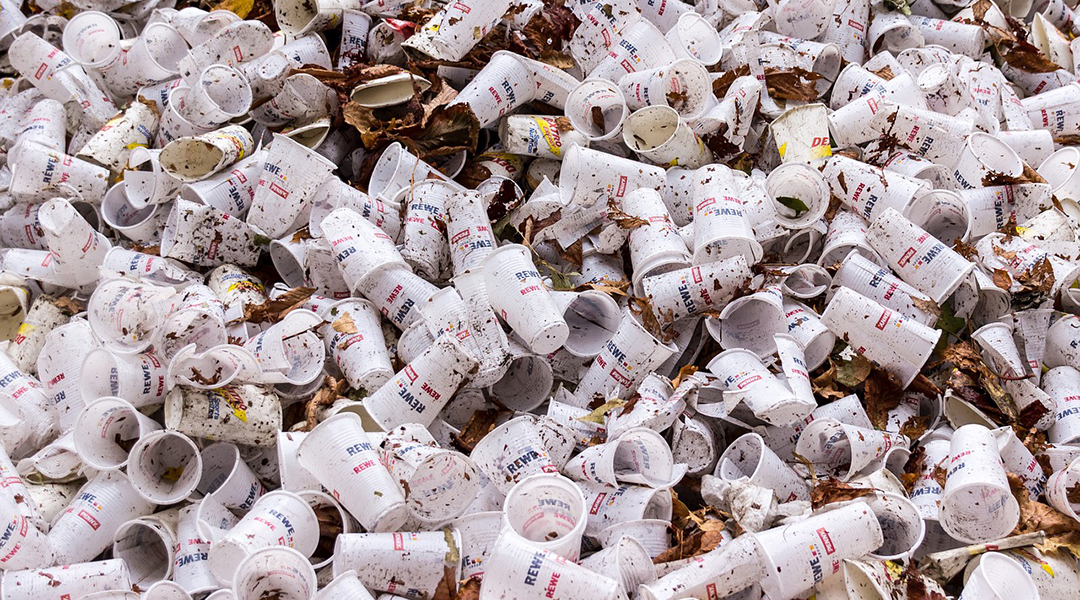
While plastic waste is an issue, its prominence in the general public’s concern for the environment is overshadowing greater threats.